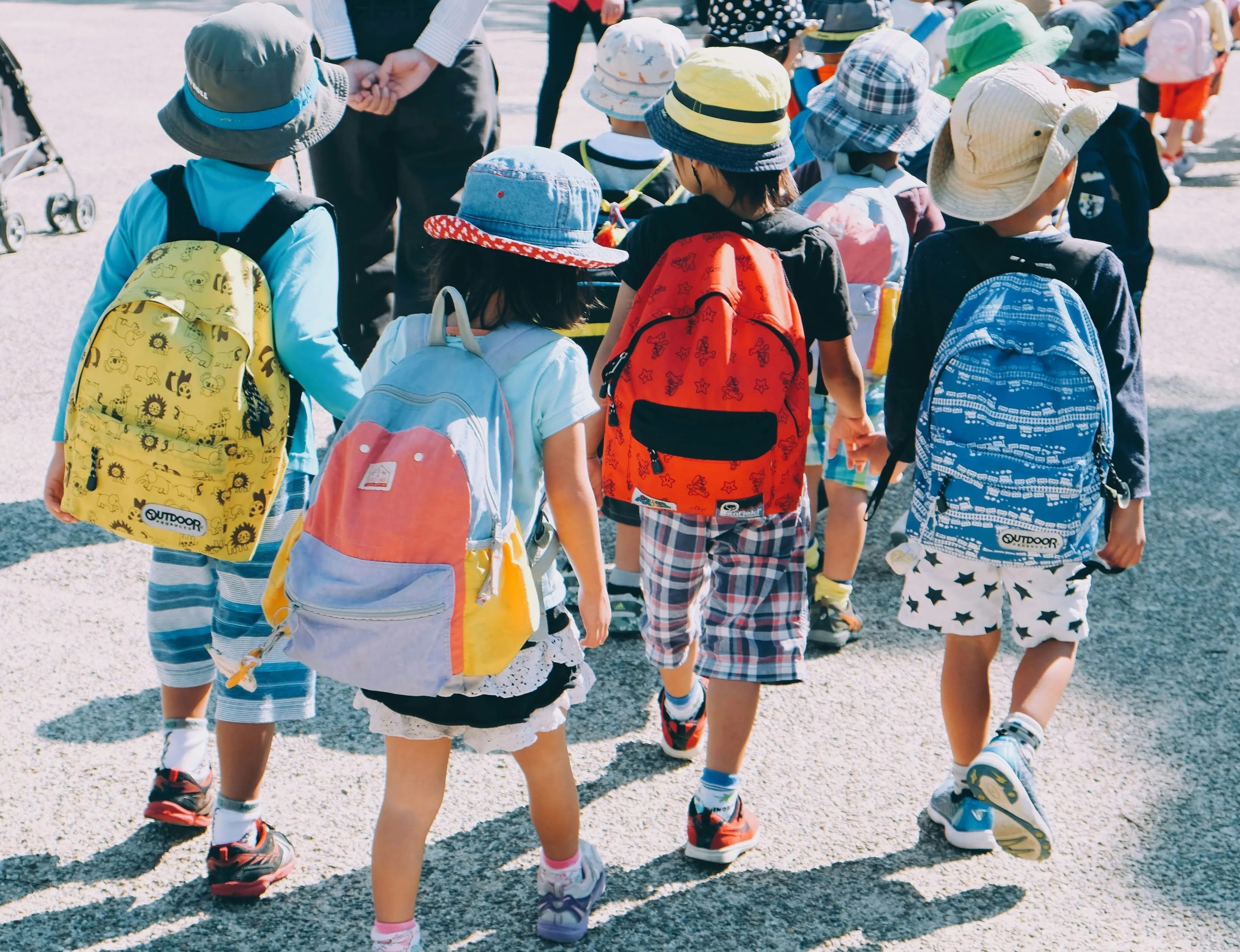
What to do if your child is being bullied
Watching your child disappear through the school gates can be nerve-wracking at the best of times – harder still if your child has a disability, is neurodivergent, or is medically fragile.
All children can be bullied, but most at risk are those who other kids see as different. Bullying often happens when there’s no adults around, and other children may be too scared or confused to intervene.
But there are strategies and safeguards you can put in place to make sure your child is supported and able to speak up about bullying.
Depending on their disability, you may need to keep a particularly watchful eye out for signs of bullying, as your child may not have the verbal skills to tell you what’s going on.
Sometimes children aren’t even aware they’re being bullied, or might think they deserve it. This is a dangerous message to internalise, so the sooner bullying is detected and dealt with, the better.
Signs to look out for
- Your child’s personality has changed in some way. They may be moodier/more easily upset/aggressive/less confident/or withdrawn.
- They are reluctant to go to school and may invent excuses to stay home.
- They no longer do well at school and/or teachers show concern.
- They have stomach aches, headaches, nightmares and difficulty sleeping.
- They come home with missing or damaged belongings, or with physical injuries.
What to do and say
It’s hard not to feel angry on your child’s behalf, especially if it triggers memories of bullying from your own childhood. But you owe it to your child to be calm and clear-headed.
Criticise the bullying behaviour but don’t label another child as a bully.
Let them know that no-one deserves to be bullied and it’s not their fault. If someone is unkind to them, it’s okay to feel angry or sad, but it’s not okay to be unkind back.
Children are sometimes reluctant, embarrassed or have difficulty talking about what’s happening to them. One approach is to ask your child about the good things that happened in their day, followed by a question about any bad things that might’ve happened.
Alternatively, you could read a book on bullying together, using the words and illustrations to start a conversation about how the person in the story might feel, then ask if they’ve ever felt that way too. Let your child know this is a problem you can solve together.
Role-playing at home, with you as the bully, is another way to show your child what to do or say the next time someone bullies them. You might even ask your child’s teacher to hold a role-playing activity on bullying, and get the whole class involved.
Other children at school may be aware of what’s going on but simply don’t know how to help or are afraid to. That's why it's important to also teach kids how to show empathy and stand up for others, especially if they’re different or more vulnerable.
Before you get on the phone to your child’s teacher, make sure your child’s is okay with this. They may not be ready for the school to be involved, so take your cue from them.
Having friends is an effective barrier to bullying; just having one friend can lessen the odds of being bullied. If your child has difficulty making friends, their teacher may ask a classmate to consider being their buddy. Joining a club outside of school is also a great way to make new friends and build self-esteem.
We’ve linked to some free resources from the IHC Library below. Or if you prefer, call 0800 442 442 or email librarian@ihc.org.nz for more information.
Helpful materials
This collection of resources explores strategies for addressing bullying, particularly for children with autism and Asperger syndrome, offering practical solutions, research insights, and tools to foster safety, resilience, and inclusivity.
This collection of resources explores strategies for addressing bullying, particularly for children.


